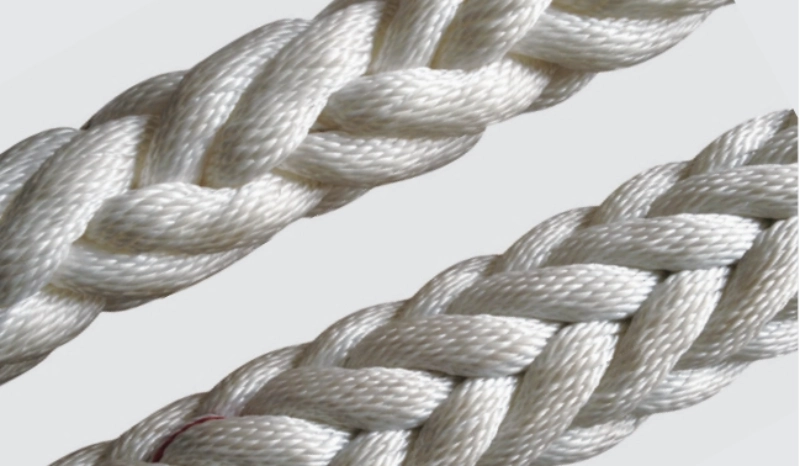What Is Mooring Rope: A Comprehensive Guide for Types of Mooring Ropes
What Is Mooring Rope: A Comprehensive Guide for Types of Mooring Ropes
Blog Article
What Is A Mooring Rope? Mooring Lines are essential for securing ships, boats, and vessels to docks, piers, or other stationary objects. Therefore, understanding the various types of mooring ropes is crucial for ensuring safety and stability during docking operations. In this guide will delve into the meaning of mooring rope, various types of marine and towing ropes and lines for ships and more details about mooring lines. Whether you need a dockline for a boat or are looking to know more about, we’ve got you covered.
What Is A Mooring Rope ?
A mooring rope is a strong, durable line used to secure a vessel to a fixed structure. Such as a dock, pier, or quay. These rope plays a crucial role in preventing the vessel from drifting due to wind, currents, or waves. Mooring ropes come in various materials, sizes. And designs to suit different types of boats, ships, and marine environments. A proper understanding of mooring tails is important for anyone involved in boating or maritime activities.

Types Of Mooring Ropes
Mooring ropes are essential for securing vessels at docks and piers. And they come in various types depending on the material, strength, and intended use. Understanding the different boat rope types and materials can help you better select the right one for your needs.

1. Nylon Mooring Rope
Nylon rope is one of the most popular choices for marine applications due to its excellent strength and elasticity. The high stretch of nylon allows it to absorb shocks. Besides, mooring line nylon is highly resistant to abrasion.

| Mooring Rope Nylon | |
| Characteristics | High stretch and excellent shock absorption, which helps to reduce the impact of waves and wind on the vessel. |
| Usage | Ideal for recreational boating and situations where elasticity is beneficial. |
| Advantages | Strong, durable, and resistant to abrasion; effective for dynamic mooring situations. |
2. Polyester Mooring Rope
Polyester mooring ropes are highly resistant to UV degradation and water absorption, ensuring durability over time. They are often used for boat applications, offering a secure and reliable connection.

| Polyester Mooring Rope | |
| Characteristics | Low stretch, high strength, and excellent UV resistance |
| Usage | Suitable for static mooring, where minimal elongation is required. |
| Advantages | Maintains strength under heavy loads, resists moisture, and doesn’t degrade quickly under sunlight. |
3. HMPE Mooring Rope (High Modulus Polyethylene)
HMPE (High Modulus Polyethylene) mooring ropes are advanced synthetic ropes made from a high-performance fiber known for its exceptional strength-to-weight ratio. These ropes are commonly used in maritime and offshore industries for mooring vessels, platforms,

| HMPE High Modulus Polyethylene Mooring Rope | |
| Characteristics | Offers incredible strong-to-weight ratio, making it lighter and minimal stretch than traditional ropes. |
| Usage | Commonly used in high-performance applications, including commercial shipping and fishing. |
| Advantages | Highly resistant to abrasion and chemicals, and has minimal stretch. Making it excellent for harsh marine environments. |
4. Polypropylene Mooring Rope
Known for its affordability and lightweight nature. Features of lightweight, floats on water, and resistant to rot and mildew. Main Advantages: Inexpensive and easy to handle. Polypropylene ropes are ideal for lighter-duty applications where high strength is important

5. Wire Mooring Ropes
For applications requiring extremely high strength and durability, mooring rope and wire combinations often used. These ropes feature a steel core surrounded by synthetic fiber, offering the best of both worlds: the strength of steel with the flexibility and corrosion resistance of synthetic materials.
| Mooring Rope And Wire | |
| Characteristics | Made from steel wire, this type has high tensile strength but limited flexibility. |
| Usage | Used in heavy-duty applications, such as securing large vessels where maximum strength is required. |
| Advantages | Exceptional resistance to wear and tear but can be difficult to handle and may require additional equipment for safety. |
Mooring Rope Usage
Mooring rope usage can vary greatly depending on the vessel type, size, and operating conditions. Understanding the mooring line used for specific applications helps in selecting the proper type.

Common applications of mooring ropes for example:
Boats and Yachts: A mooring line for boat is typically lighter and designed for easy handling.
Cargo Ships: Heavier anchor rope are used for securing large vessels in port.
Offshore Oil Rigs: Mooring lines for these applications need to withstand high tension and extreme weather conditions.

In summary, knowing the different type of mooring ropes and their applications is crucial for safe and effective vessel mooring. Understanding these elements will help you make an informed choice.
Whether you need a marine line for boator looking for mooring rope manufacturers and suppliers. Our expert team is here to assist you with all your needs.
For further information or specific recommendations regarding marine products, feel free to reach out!

Report this page